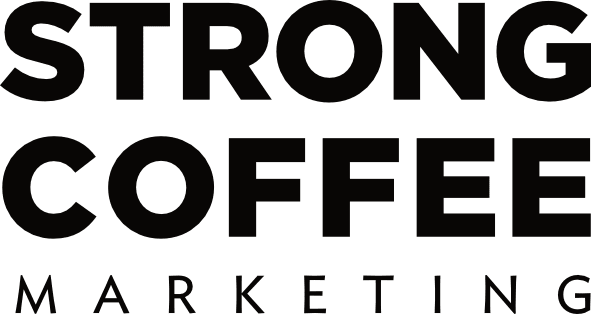As our society is being bombarded with tales of doom and gloom, bankrupt banks, economic crises, and a plunging stock market, it’s no wonder many are preparing their businesses for the possibility of another recession. Many businesses today made it through the 2008 housing crisis, and the 2020-2021 COVID-19 pandemic; this is all very fresh in our minds. Some businesses, however, face tough times during a recession. Many companies may look to cut back on their marketing budgets to make ends meet, but what if we told you that investing in digital marketing during a recession could lead to significant long-term benefits for your business? In fact, according to some statistics, digital marketing is the best marketing and advertising avenue during a recession. Here’s why.
Cost Effective & Adaptable
First and foremost, digital marketing is the most cost-effective advertising medium compared to traditional marketing channels. With the majority of consumers spending more time online, digital marketing allows businesses to reach a wider audience without spending as much money as they would on traditional advertising channels. Not only is digital cheaper, but it’s also more adaptable. In a world that’s constantly changing, businesses need to be able to keep up with changes in consumer behaviour and the market. With digital marketing, businesses have the flexibility to pivot their marketing strategies quickly and easily. According to a survey by Smart Insights, 45% of businesses said that the ability to pivot their marketing strategies efficiently was one of the main benefits of digital marketing. If you need to reassess your ads strategy, digital channels take mere minutes whereas print mediums such as billboards, posters, etc., can take weeks to switch out, which can be devastating for any campaign. It shouldn’t surprise anyone that 84% of marketers found that investing in digital marketing strategies was more cost-effective than traditional marketing methods, especially during economic downturns.
Instantaneous Data & Flexibility
Performance data is near instantaneous. This gives marketers the ability to monitor performance in the moment, not just post-campaign, or when the data becomes available, making optimization improvements easier and cheaper to execute. With more and more ad platforms also using artificial intelligence features, a marketer doesn’t have to make all the decisions at once, and at the first sign of a trend, AI can make changes that we see contribute to large increases in conversion rates across the board no matter the main goal of the campaign: from leads to sales to store visitations. Digital ads now have an impressive amount of computing power behind them to help drive your business forward regardless of economic conditions.
Targeted to Reduce Wasteful Spending
Digital marketing also allows for targeted advertising, which can be particularly important during a recession when businesses should be strategic with their marketing dollars. By narrowly targeting specific groups of people based on demographics, interests, and behaviours, businesses can ensure that they are reaching their ideal audience without wasting money on advertising to people who are not likely to be interested in their products or services. A simple example here is billboard advertising. Aside from location, there is no way to differentiate amongst who sees your ads, what their interests are, what their habits are, etc. Digital puts this power in your hands and lets you focus your ad dollars on the people that will drive your business forward.
Better Ad Rank & Less Competition
But that’s not all. As other businesses often tighten their belts during a recession, we often see decreases in competition in the digital ad space, and by extension, decreases in costs for clicks and conversions. Although not everyone will heed our advice, the reality is that those who maintain market presence and continue to advertise often come out on top with a stronger position in the long run. Google Ads often rewards advertisers with better ad rank and lower costs the longer they remain in-market, so there becomes a clear advantage for businesses to do so.
Digital marketing is a powerful tool for businesses during a recession. It is cost-effective, allows for targeted advertising, provides measurable results, and is adaptable. By investing in digital marketing strategies, businesses can reach a wider audience, make informed decisions about their marketing efforts, and adapt quickly to changes in the market. This is why digital advertising should be the last thing to cut when trying to reduce operational costs as it will almost always have the highest ROI of any medium if done correctly and managed by experts. If you’re thinking of reducing your marketing spend to save on costs, this famous quote from Henry Ford that still rings true today may help you reconsider:
“Stopping advertising to save money is like stopping your watch to save time.”
Recent Posts
Navigating the Digital Buying Cycle: Strategies for Modern Consumers
In today’s fast-paced world, where information is just a tap away, the buying cycle has transformed dramatically. Gone are the days when consumers...
Digital Marketing Strategies in the Off-Season
Ah, the off-season. For some businesses, it’s a time to kick back, relax, and sip on a well-deserved latte. For others, it’s a...
How ChatGPT is Transforming Online Search Behaviour
In the ever-evolving landscape of digital information, the way we search for answers is undergoing a seismic shift. We got used to searching...



